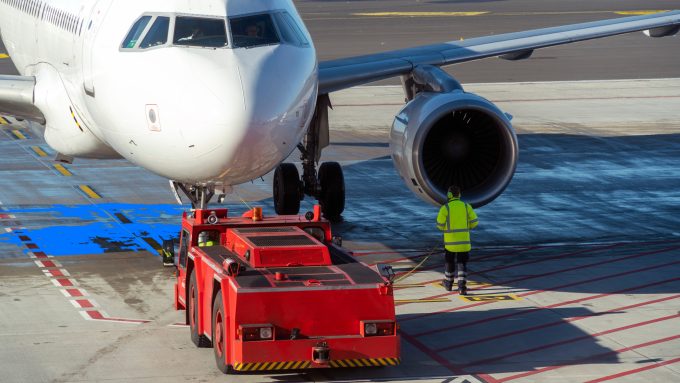
High hopes for drone property inspections

More than £6.3bn is spent each year on the repair and maintenance of social housing alone in the UK. Add to this other public buildings and private property, and the overall costs are likely to be several times that figure. Evidence is mounting that these outgoings could be drastically reduced through aerial inspections; CPC’s case study, part of the Drone Pathfinder Catalyst Programme sponsored by the Department for Transport, adds to the argument.
CPC organised asset inspections to showcase how Yorkshire Housing, a housing association with limited experience with drones, could benefit from them. Yorkshire Housing estimated that the inspections used in the case study will increase its return on investment tenfold by allowing more targeted maintenance than the extensive roof repairs it had planned.
This is just one advantage. As our report shows, there are many more short- and long-term economic, social and environmental benefits to be gained from drone inspections compared to current standard practices or “business as usual”.
Studies have found that preventive maintenance is 12-18% cheaper than reactive maintenance. Renfrewshire Council, among others, reported multi-million-pound annual savings in inspection costs by using drone-captured data.
The use of drones increases safety, too. It reduces the need for humans to inspect from height, whether on ladders, scaffolding or cherry-pickers; work that also tends to be reactive and expensive.
Residents benefit from less disruption from on-site assessment, faster responses to – and diagnoses of – problems, more preventative measures. They and the general public will suffer less noise and fewer occasions of scaffolding and vehicles causing a nuisance.
Perhaps the most significant short- and long-term benefits from greater use of drone inspections would be to the environment. For example, thermal imaging cameras can provide detailed data on heat loss. Carried out regularly and with the appropriate taken, this would reduce energy use and costs – both financial and environmental.
While CPC’s case study features a local authority, the benefits will be of interest to anyone who owns, manages or maintains property – and we encourage them to read the study, which can be download here.
They will not only benefit from reading in greater detail about the study with Yorkshire Housing Association and Vantage UAV, but also the sections that explore the wider case for drone inspections and answer several questions that they might have.
If you’re interested in anything drone-related, you can email us at drones@cp.catapult.org.uk for more information. Or, if you’re a drone service provider, visit the Connected Places Catapult Opportunities page.





